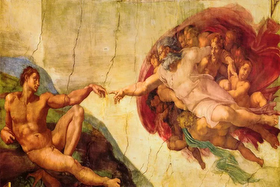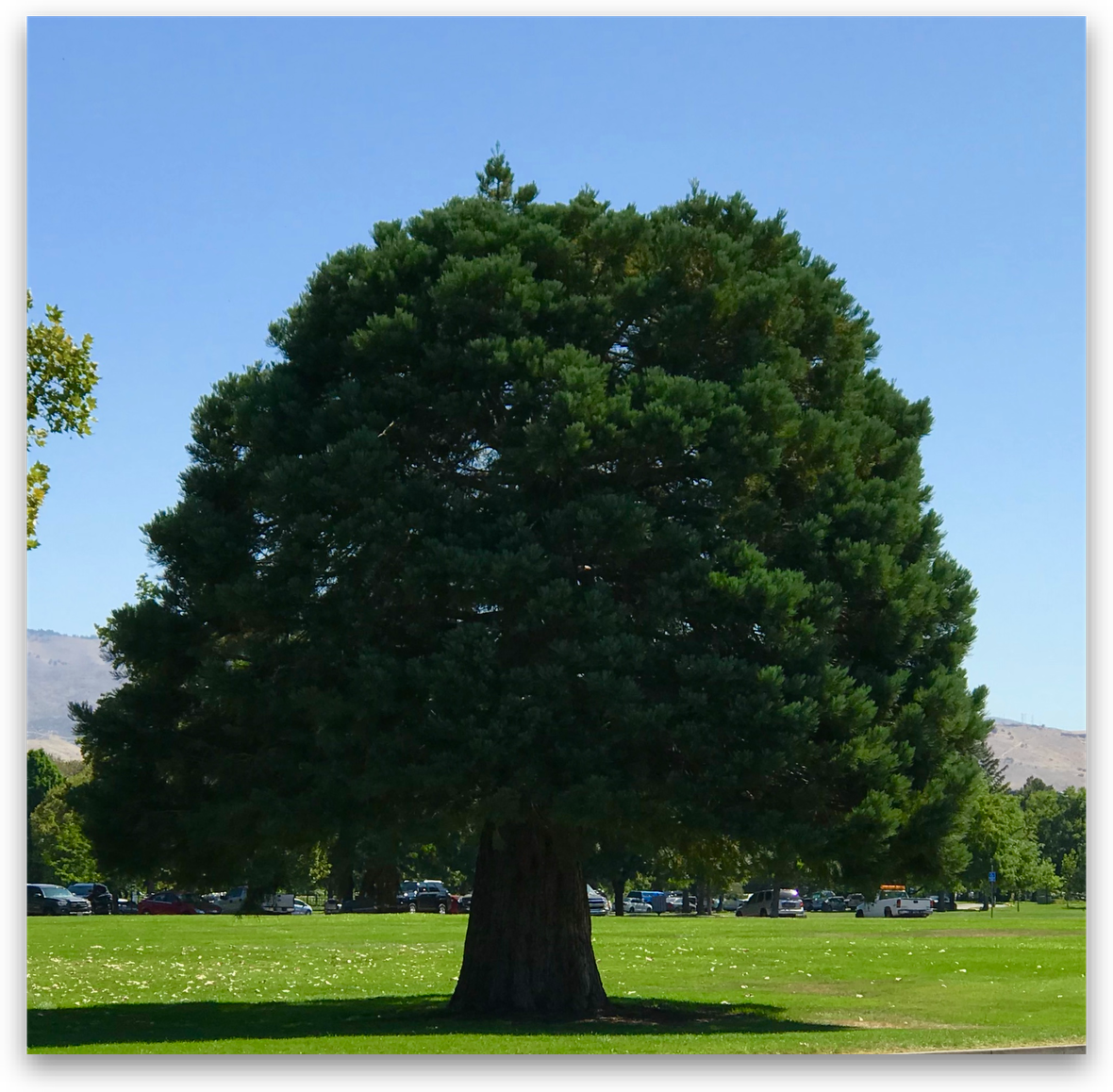“And the fourth angel poured out his vial upon the sun; and power was given unto him to scorch men with fire. And men were scorched with great heat, and blasphemed the name of God, which hath power over these plagues: and they repented not to give him glory.” —Revelation 16:8-9
I decided last summer to put an end to some of my questions about global warming and read a number of books and articles on both sides of the debate. Like that fabled poet, I "frequented doctor and saint, and heard great argument..."
First off, it does seem that the earth is warming though it’s impossible to know if this is a cycle, or a trend leading to an extinction event. Only time will tell. (It was somewhat comforting to learn that 2020 was a bit cooler than 2014.)
Second, though we're putting more hydrocarbons into the atmosphere than in previous centuries, there's no evidence that these "greenhouse gasses" are necessarily the cause of global warming. That's a conclusion beyond science and the scientific method.
So, like that poet, I, unconvinced either way, "came out by the same door as in I went."
But, though I'm agnostic about global warming, I have one certainty: God makes earth's weather. Global warming, if it exists, is not anthropogenic (man-created), as they say. God controls earth's environment and uses it to get our attention.
Whenever we're tempted to play God, he shows us we're not quite ready yet. Typhoons, tsunamis, tornadoes, earthquakes, volcanic eruptions, drought, catastrophic floods, and out of control forest fires make it obvious who's running the show.
David Roper
11.19.21



